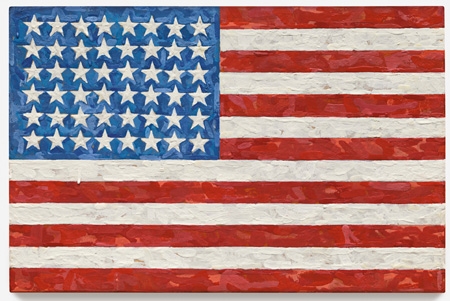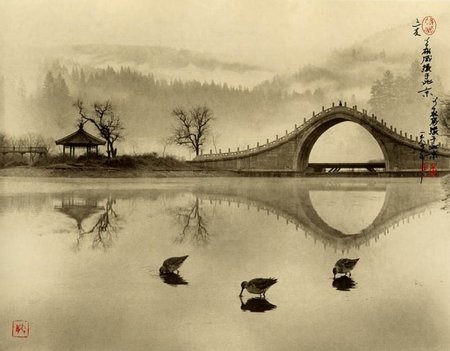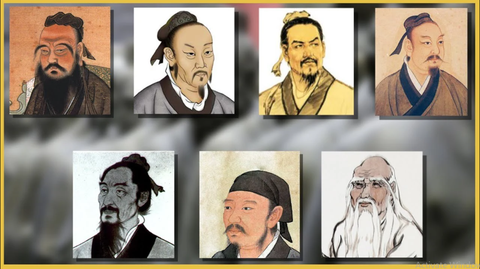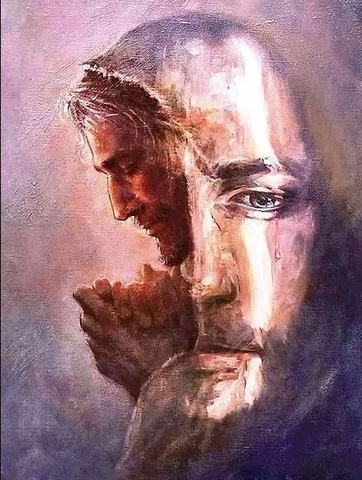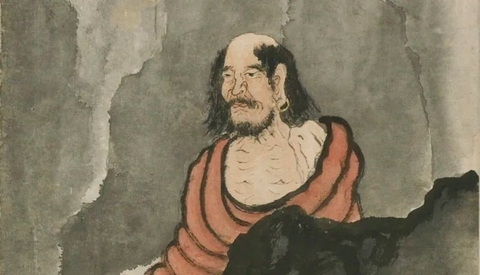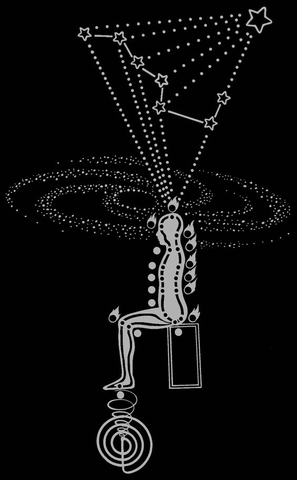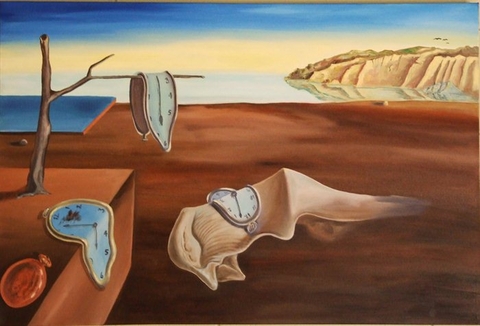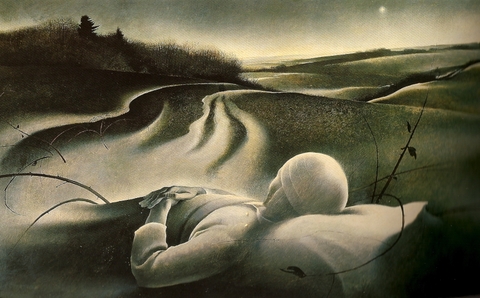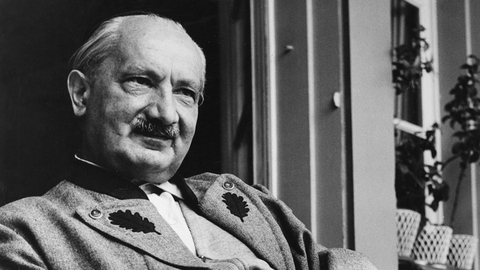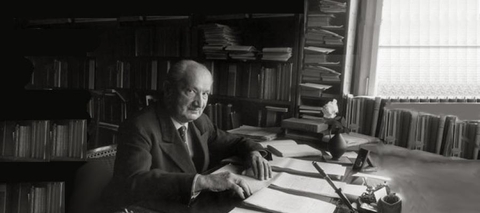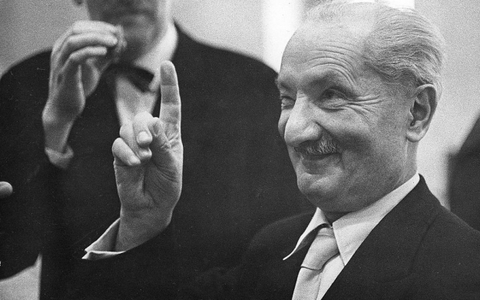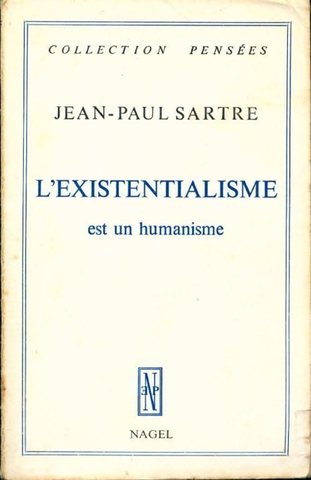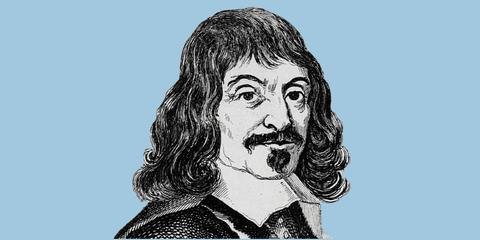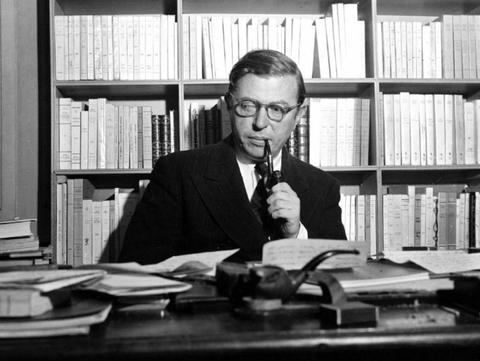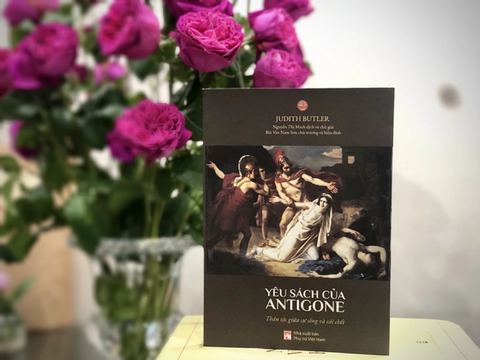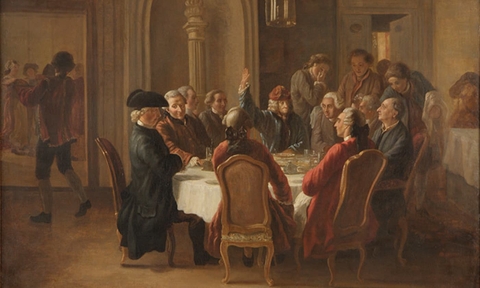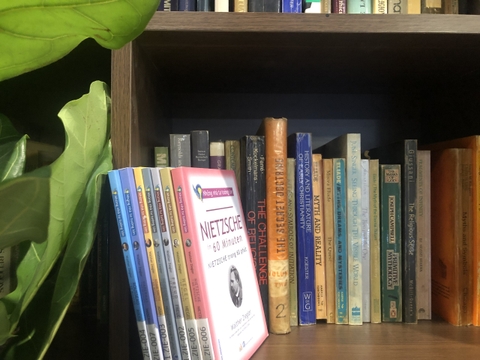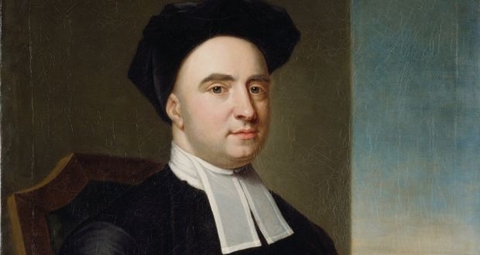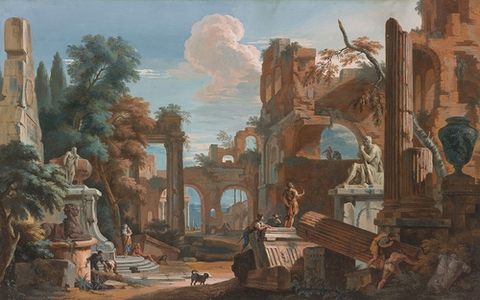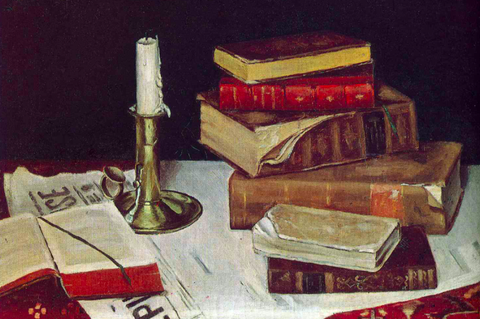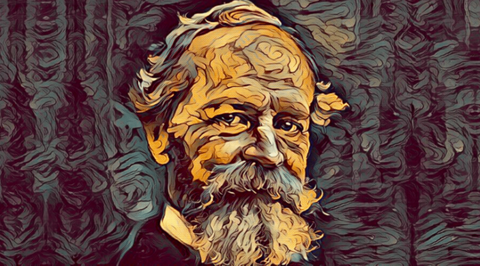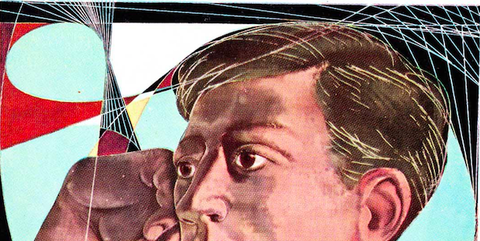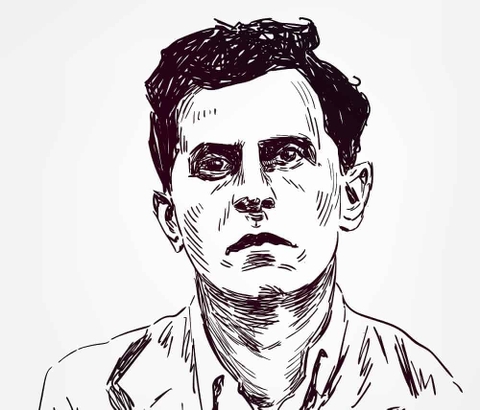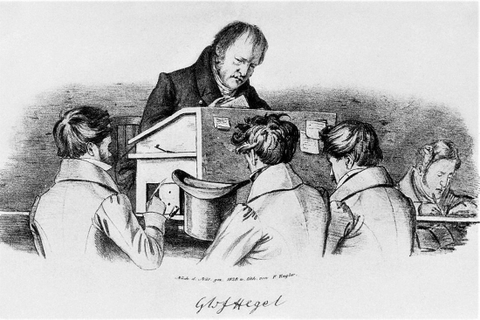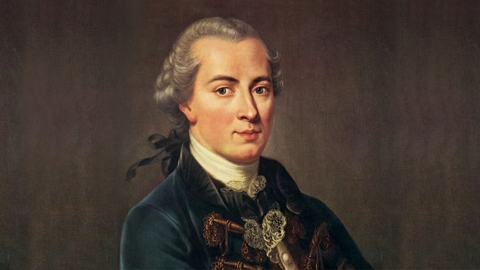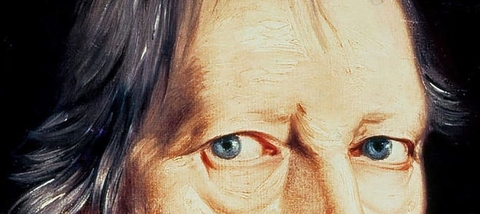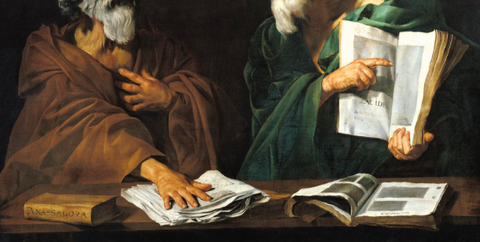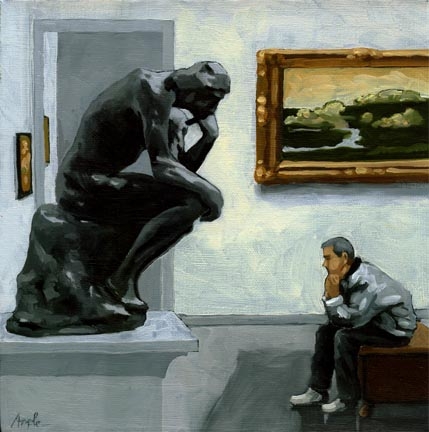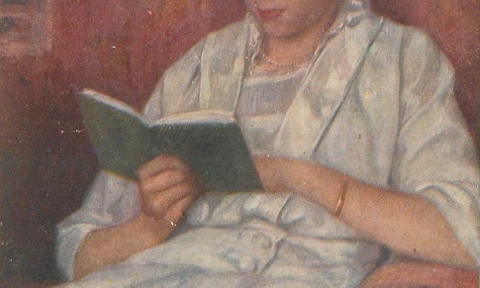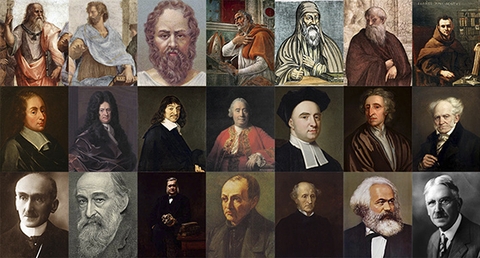A summary of an interview with Professor Tu Weiming (Do Duy Minh) by Trung Van published in the anthology of Confucianism, Tradition, Tradition, Modern Transformation, edited by Nhac Hoa (China's Quang Ba Dien Thi Publishing House, 1992), pages 173 to 191.
Vietnamese translation: Dr. Duong Ngoc Dung
Inventing philosophy by interpreting tradition
Interviewer: Do Duy Minh, you have repeatedly emphasized "consensus understanding" (consensus understanding) for the ancient seers, thus proceeding with the traditional interpretation on a large scale. However, I feel that one of the worst diseases of Chinese culture is the strong will to interpret tradition, regardless of time, place, or any kind of challenge. any puzzle, always find ways to seek answers from tradition, find ways to absorb strength from tradition. In such a style, for more than two thousand years, the intelligentsia could only stand in front of a few cult classics, lose both its creative power, lose its ability to adapt, and finally create something new. "injecting poison into oneself" (self-poisoning), causing the entire society to be bogged down and stagnate in the midst of a serious illness. How do you explain this matter?
Do Duy Minh: I think this event is related to the problem of historical consciousness of the Chinese people, that is, the issue of cause and effect and reform. From the Xia to the Shang, from the Shang to the Zhou, there is always a causal and reforming relationship between the latter and the former, which is closely related to inheritance in Chinese culture. . First we need to distinguish two types of creativity. The first type of innovation is disruptive. This property manifests relatively clearly in the field of science. Science develops, sometimes with breakthroughs in previous theories, negating previous theories, sometimes collapsing previous authorities, then a new kind of model emerges. This type of internal stratigraphic fault is very natural, with the meaning of progress and leap. But it is not uncommon for observers to think that the faulting of the stratigraphy is not as serious as we thought.
There is also a second type of creativity, such as literary creativity, no matter how new a literary work is, the use of language must be consistent with the rules or the grammar that exists. available, these rules cannot be violated. He can only use language inconsistent with the grammar to create new things within a limited range of self-discipline. This is similar to the ancient literature movement of the Northern Song Dynasty, during this period there appeared a number of writers such as u Duong Tu, To Thuc or Hoang Dinh Kien, all of whom masterfully used ancient literature, really reached the level of "completing the wind and peeling off the image" (catching the wind to chase the image) that modern white dialogue literature has not yet been able to reach. Therefore, using extremely fluently and flexibly the language people often use is also a form of creating new things. This type of creativity is not the same as the type of creativity in science. It has a certain inheritance. The Chinese tradition, in Western terms, creates philosophy through interpretation, that is, from the point of view of hermeneutics. He must definitely absorb nutrients from the traditional scriptures before he can express his own unique point of view. These unique points of view can also help you or someone else with respect to the problem of vindication in the scriptures to make a step forward in promoting and promoting it. This is a kind of cyclical progress in which the circle is expanding more and more widely. The Chinese tradition is a kind of tradition with a very strong sense of history. I cannot accept the view of some people towards Chinese culture that it is a culture that is oriented towards the cult of the past, and refuses to look to the future. I think that Chinese culture is a culture of "thinking out of the new" (exploiting the old, making the new appear), which has always had a very strong vitality. Otherwise, Chinese culture cannot be both ancient and precious. In the world, there are many ancient and ancient cultures, but ancient cultures are relatively rare. Traditional culture has a strong vitality like that of Trung Hoa culture which is a unique historical phenomenon. China's cultural tradition is inherited and has shown its flourishing power for a long time. If we put it in the language of the I Ching, this is the result of "self-restraint" (self-efforts to progress without stopping), it is not possible to simply say that Chinese culture is a "self-defeating" phenomenon. poison."
There are many who believe that the vitality of Chinese culture, especially the creative power in the field of philosophy, reached its peak during the Xian Qin period, and then gradually declined.
(To be continued)



